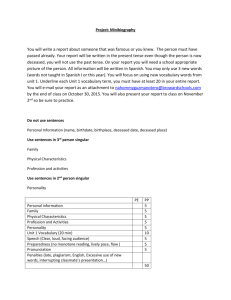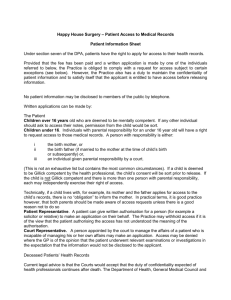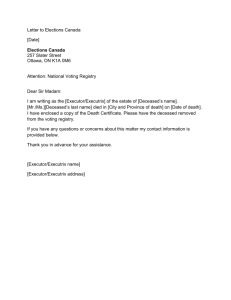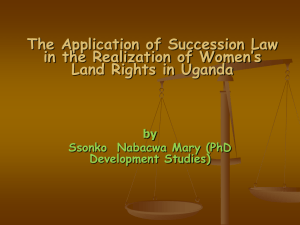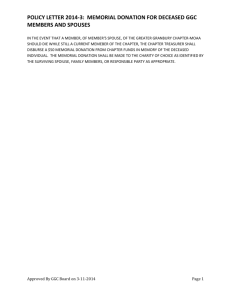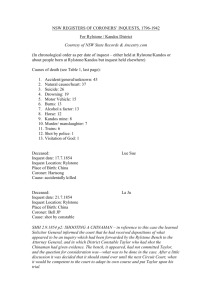KUZNIK Viktor
advertisement
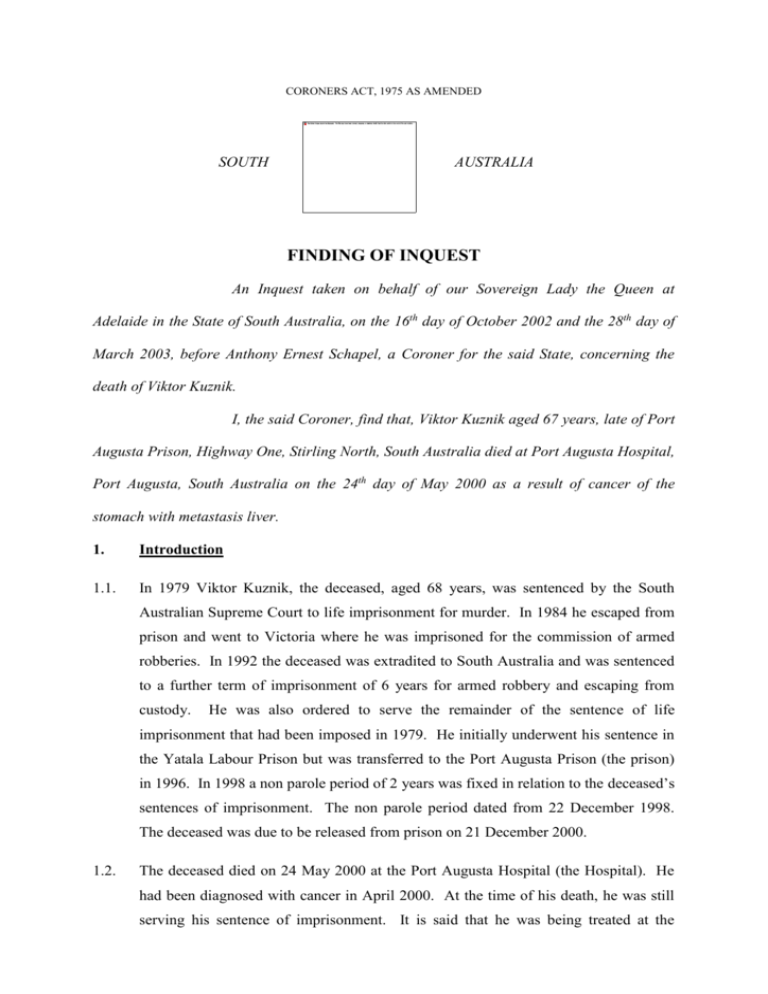
CORONERS ACT, 1975 AS AMENDED SOUTH AUSTRALIA FINDING OF INQUEST An Inquest taken on behalf of our Sovereign Lady the Queen at Adelaide in the State of South Australia, on the 16th day of October 2002 and the 28th day of March 2003, before Anthony Ernest Schapel, a Coroner for the said State, concerning the death of Viktor Kuznik. I, the said Coroner, find that, Viktor Kuznik aged 67 years, late of Port Augusta Prison, Highway One, Stirling North, South Australia died at Port Augusta Hospital, Port Augusta, South Australia on the 24th day of May 2000 as a result of cancer of the stomach with metastasis liver. 1. Introduction 1.1. In 1979 Viktor Kuznik, the deceased, aged 68 years, was sentenced by the South Australian Supreme Court to life imprisonment for murder. In 1984 he escaped from prison and went to Victoria where he was imprisoned for the commission of armed robberies. In 1992 the deceased was extradited to South Australia and was sentenced to a further term of imprisonment of 6 years for armed robbery and escaping from custody. He was also ordered to serve the remainder of the sentence of life imprisonment that had been imposed in 1979. He initially underwent his sentence in the Yatala Labour Prison but was transferred to the Port Augusta Prison (the prison) in 1996. In 1998 a non parole period of 2 years was fixed in relation to the deceased’s sentences of imprisonment. The non parole period dated from 22 December 1998. The deceased was due to be released from prison on 21 December 2000. 1.2. The deceased died on 24 May 2000 at the Port Augusta Hospital (the Hospital). He had been diagnosed with cancer in April 2000. At the time of his death, he was still serving his sentence of imprisonment. It is said that he was being treated at the 2 hospital as the result of a grant of unaccompanied leave pursuant to section 27(1)(f) of the Correctional Services Act 1982. I have not been able to establish whether this is correct or not. It does not matter, because in my view the deceased was still detained in custody whilst he was undergoing his sentence. Pursuant to sections 12(1)(da) and 14(1a) of the Coroners Act 1975, it was therefore mandatory for an inquest to be held into his death. 1.3. I have been directed by the State Coroner to hold an inquest into the death of the deceased. I held that inquest on 16 October 2002 and I make the following findings. 2. Findings 2.1. On 29 March 2000 the deceased was admitted to the hospital with suspected cancer. On 3 April 2000 he was diagnosed with terminal stomach cancer which had metastasised into the liver. On 5 April 2000 the deceased underwent a gastric bypass operation. This procedure was not intended to prolong the deceased’s life but to provide him with a measure of comfort. It was understood that the deceased’s health would inevitably deteriorate in the ensuing period to a point where he would require constant nursing. 2.2. Following the operation to which I have referred, the deceased was returned to the prison. Medical staff at the prison indicated that they would not be able to provide constant nursing care to the deceased in the prison infirmary and so enquiries were made to ascertain whether the deceased could be accommodated in local nursing homes. However, none of the facilities that were approached had vacancies. 2.3. Upon his discharge from the hospital, the deceased was accommodated in a low security cottage attached to the prison. To cater for the inevitable deterioration of the deceased’s condition, the General Manager of the prison arranged for his re-admission to the hospital, and for him to be placed on unaccompanied leave for that purpose. 2.4. On 21 May 2000 the deceased’s condition had deteriorated to the extent that nursing staff advised that the deceased was no longer able to care for himself. Thus it was that the deceased was re-admitted to the hospital on 21 May 2000 and placed, it is said, on unaccompanied leave. On the following day, the General Manager of the prison was advised that the deceased would remain in the hospital until his death. 3 2.5. Just before 9am on 24 May 2000, the deceased was observed by nursing staff at the hospital to exhibit no signs of life. No attempt was made to resuscitate the deceased as a ‘do not resuscitate order’ was in place. 2.6. The deceased was examined by Doctor Asirvatham Wilson at about 12.50pm on 24 May 2000. Dr Wilson pronounced life extinct at that time. 2.7. At post-mortem examination was not conducted in relation to the deceased’s body. However, Dr Behzad Daran Shroff, who had been the deceased’s treating medical practitioner and was aware of the nature of the deceased’s illnesses, describes the cause of the deceased’s death as cancer of the stomach with metastasis liver. I find this to be the cause of the deceased’s death. 2.8. I find that the deceased was in lawful custody at the time of his death. 3. Recommendations 3.1. There are no recommendations pursuant to section 25(2) of the Coroners Act 1975. Key Words: Death in Custody In witness whereof the said Coroner has hereunto set and subscribed his hand and Seal the 28th day of March, 2003. Coroner Inquest Number 30/2002 (1230/2000)

